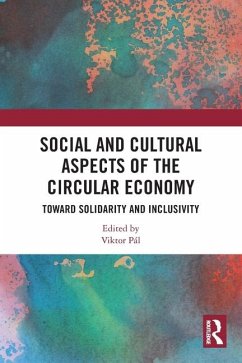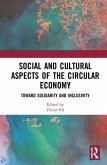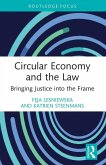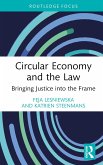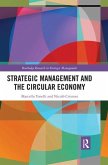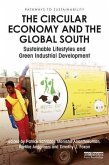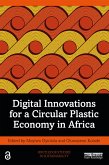This collection of essays brings together discussions arguing that the circular economy must be linked to society and culture in order to create a viable concept for remodelling the economy. Covering a diverse range of topics and regions, including cities and living, food and human waste, packaging and law, fashion, design and art, this book provides a multi-layered examination of circularity.
Transitioning to a circular economy, reducing resource input and waste, and narrowing material and energy loops are becoming an increasingly important targets to combat decades of unsustainable models of consumption. However, they will require a significant shift in social and cultural thinking and these dimensions have not yet been factored into policy debates and frameworks. While recognising the key role of individual consumers and their behaviours, the book goes beyond this singular perspective to provide equal focus on institutional and political structures as necessary drivers for real change.
Social and Cultural Aspects of the Circular Economy argues for a social and solidarity economy (SSE) to combine individual actions with a wider cultural shift. It will be an important read for scholars, researchers, students and policy-makers in the circular economy, waste studies, consumption and other environmentally focused social sciences.
Transitioning to a circular economy, reducing resource input and waste, and narrowing material and energy loops are becoming an increasingly important targets to combat decades of unsustainable models of consumption. However, they will require a significant shift in social and cultural thinking and these dimensions have not yet been factored into policy debates and frameworks. While recognising the key role of individual consumers and their behaviours, the book goes beyond this singular perspective to provide equal focus on institutional and political structures as necessary drivers for real change.
Social and Cultural Aspects of the Circular Economy argues for a social and solidarity economy (SSE) to combine individual actions with a wider cultural shift. It will be an important read for scholars, researchers, students and policy-makers in the circular economy, waste studies, consumption and other environmentally focused social sciences.

